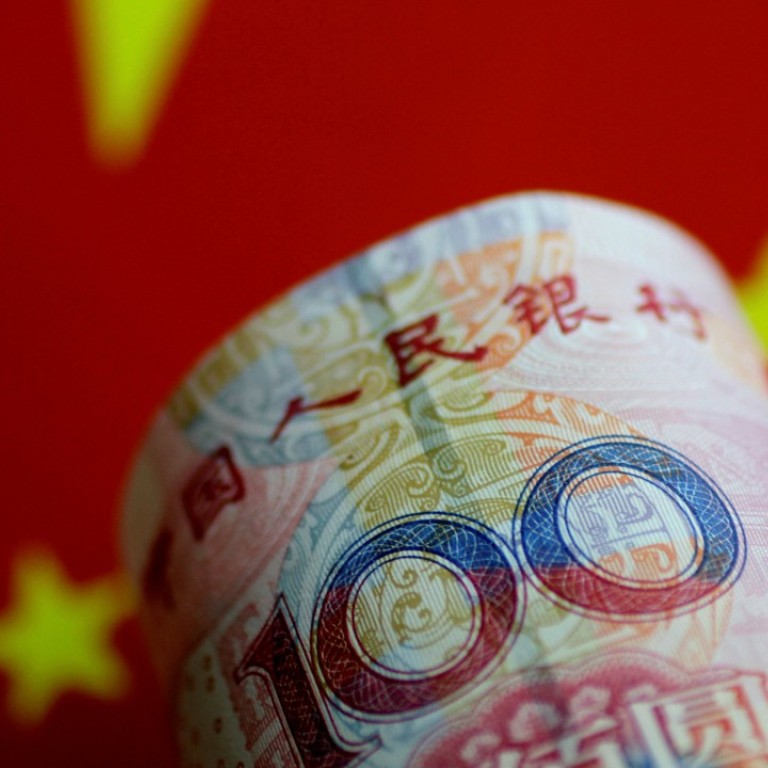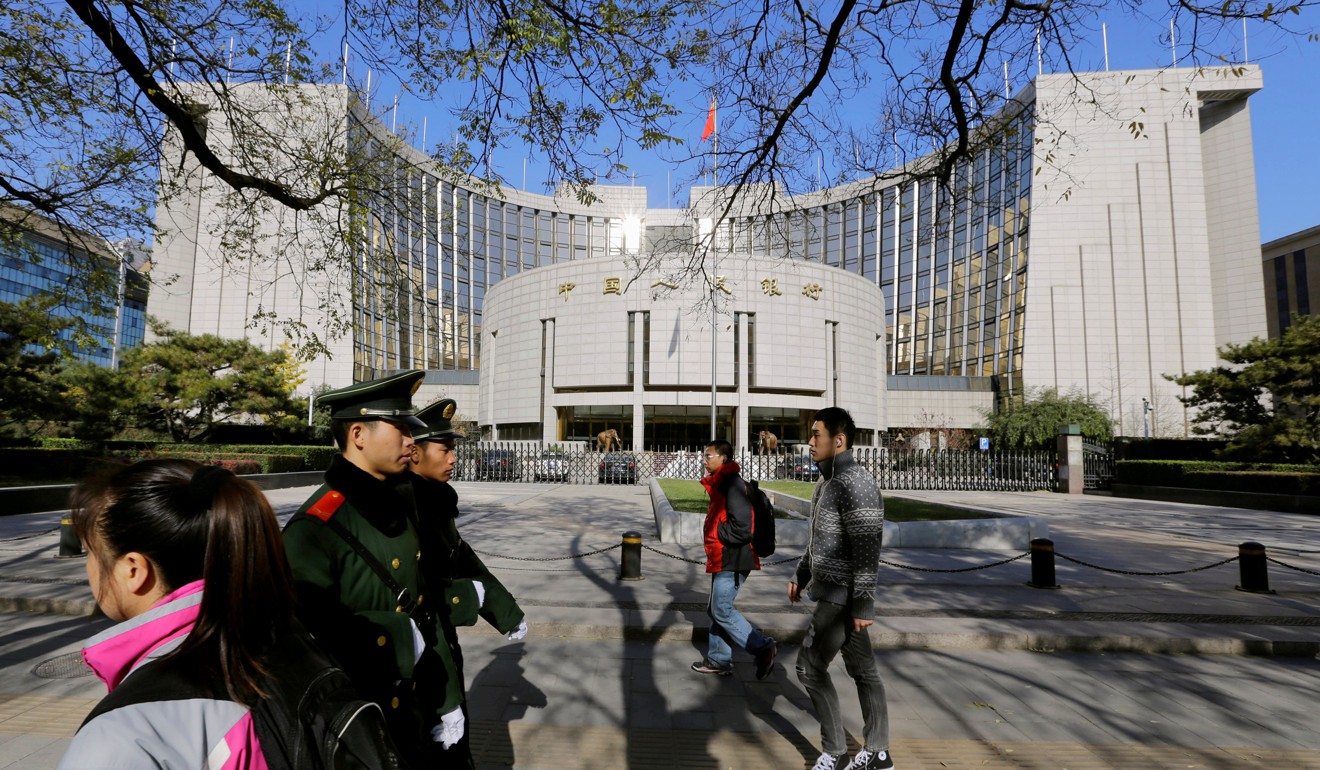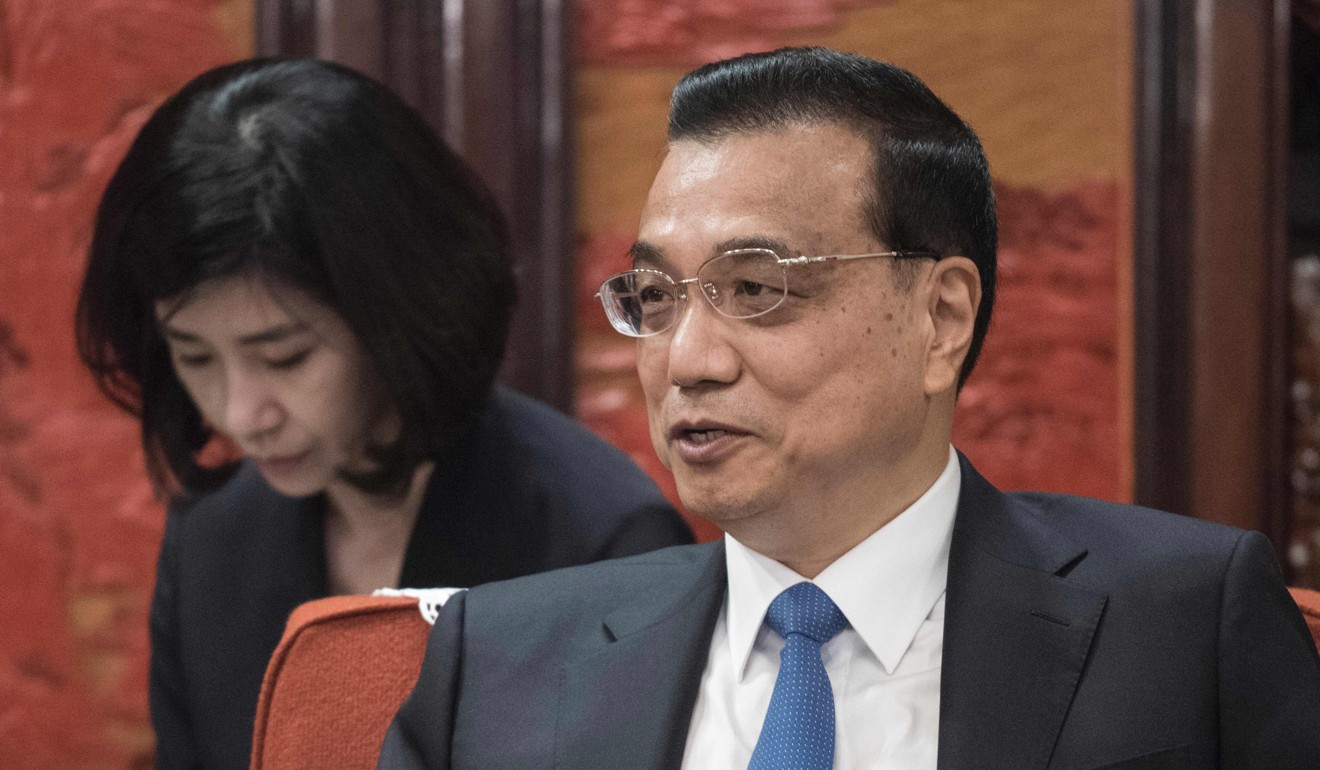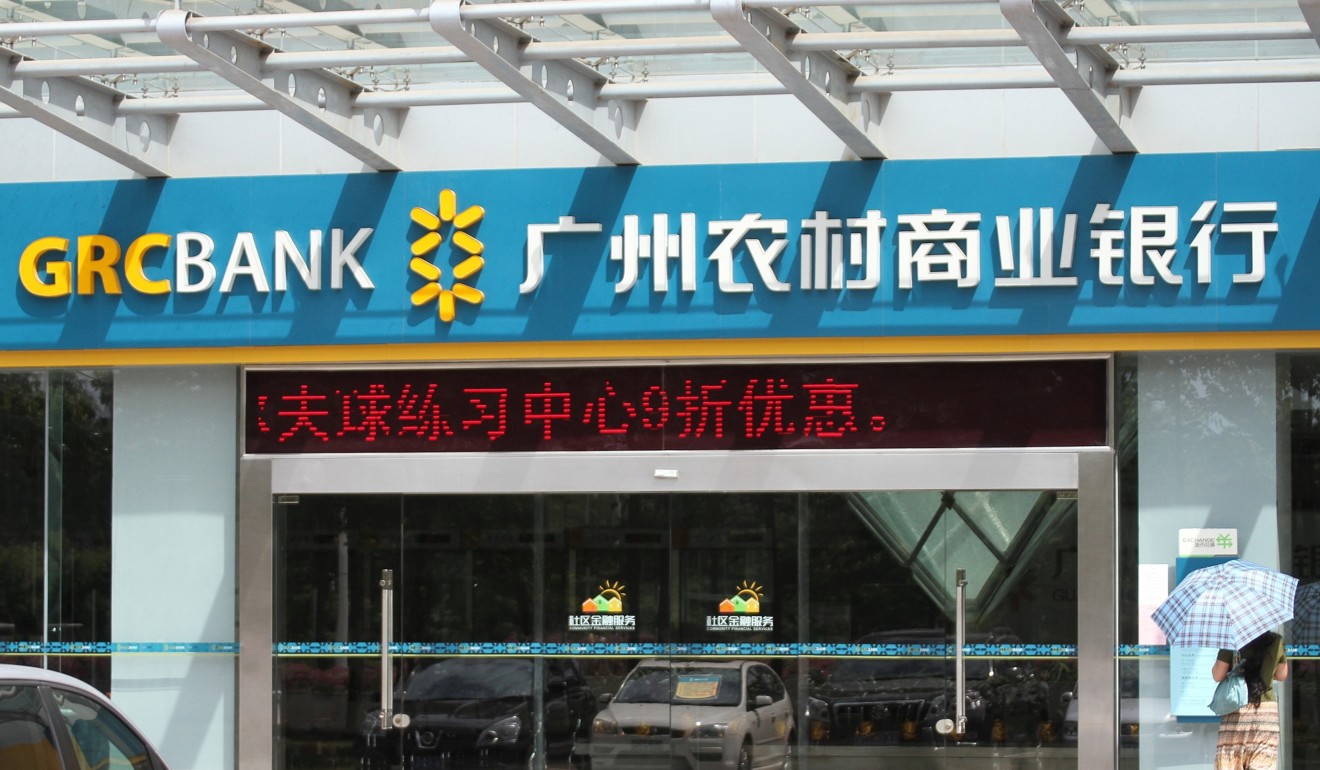
Four years after China’s cash crunch, has ‘Mother PBOC’ spoiled her ‘kids’?
In June 2013, China’s overnight borrowing rate between banks surged to 30 per cent. Will lingering fear hinder Beijing’s efforts to prevent a future meltdown?
Four years after a crunch hit China’s money market, the People’s Bank of China remains haunted by it, and those fears could hinder Beijing’s efforts to stave off a real financial meltdown.
What happened this week four years ago gave China possibly its closest taste of a financial crisis as the overnight borrowing rate between banks surged to 30 per cent. The squeeze occurred partly because the PBOC was trying to exit a super-loose policy by reducing a cheap credit supply.
The resulting shock was so severe that Premier Li Keqiang was forced to halt a meeting in Zhongnanhai, the walled compound for Chinese leaders, on June 20 to make emergency phone calls related to the matter, according to a report on the government website a few months later. Li, then only in office for three months, “made one [money market related] instruction every day” and convened meetings to discuss the incident.

A source who was briefed about the meetings but declined to be named told the South China Morning Post that the central bank, which reports to the cabinet, was criticised for not seeing the money crunch coming.
In the following years, China’s money markets didn’t see another crunch as serious as the one in 2013 thanks to the central bank’s launching many new liquidity tools and becoming more sensitive to changes in the market. Its changed stance earned the bank the nickname of “Mother PBOC” among traders – referring to the idea of a mother who looks after her naughty kids, and who always steps in to help them when the kids cry.
“A lesson that the central bank learned from the 2013 crisis is that it should increase the flexibility of monetary policy,” said Zhang Jun, chief economist of Huaxin Securities, a joint venture of Morgan Stanley. “And it needs to manage the market expectations.”
This accommodative stance of the PBOC eased immediate pain; but it contributed to rising levels of debt in the world’s second-biggest economy, skyrocketing housing prices in major cities and undisciplined lending that kept many of China’s zombie companies – which keep borrowing even though they aren’t earning enough to repay loans or interest – from closing down.

But the music can’t last forever. Pressure is mounting on the central bank to be less generous, especially when the US Federal Reserve is on a path of interest rate increases. At the same time, the tensions of the summer of 2013 continue to remind PBOC to be careful about “taking away the punch bowl” - a term referring to a central bank’s reducing a stimulus that it has injected into an economy.
As early as May of this year, the central bank said it “noticed the market concerns about tight liquidity expected at the end of June” and would inject liquidity into the banking system beforehand to ensure there would be plenty of cash.
Larry Hu, chief Greater China economist of Macquarie in Hong Kong, said it seems the central bank many times has yielded to demands from interbank market players - a habit strengthened by the 2013 cash crunch.
In fact, many financial institutions take advantage of the central bank’s practice by yelling for cheap money when the situation is not too bad at all, Zhang Xiaohui, an assistant central bank governor, wrote in an article published earlier this month.
Zhang wrote that a slight drainage in liquidity by the central bank has already triggered loud complaints from a few financial institutions that have gotten used to an unlimited supply of credit. They often use “horrifying” words such as “money crunch” or “market crash” in pleading with the central bank to relax, wrote Zhang, who was the monetary policy department head in 2013.
PBOC’s ambiguity led to a market stance known as “neither too tight nor too loose”, offering the bank a bit of leeway to tweak its operations.
The central bank has its reasons for its decision to avoid any disturbance like the cash crunch of June 2013.

“It was the toughest time for commercial banks I’ve seen for many years,” said a trader from a joint-stock commercial bank in north China. “Imagine how desperate you will be when you can’t get the money regardless of high price.”
The trader, who declined to be named, said he will never forget the day the crunch came because he was about to default on a one-billion-yuan (HK$1.14 billion) repurchase agreement and was willing to borrow at any cost.
“It was like a highway jam in rainy days … but no police officers were there for help,” said another bank trader, who ran a capital pool of 500 million yuan.

